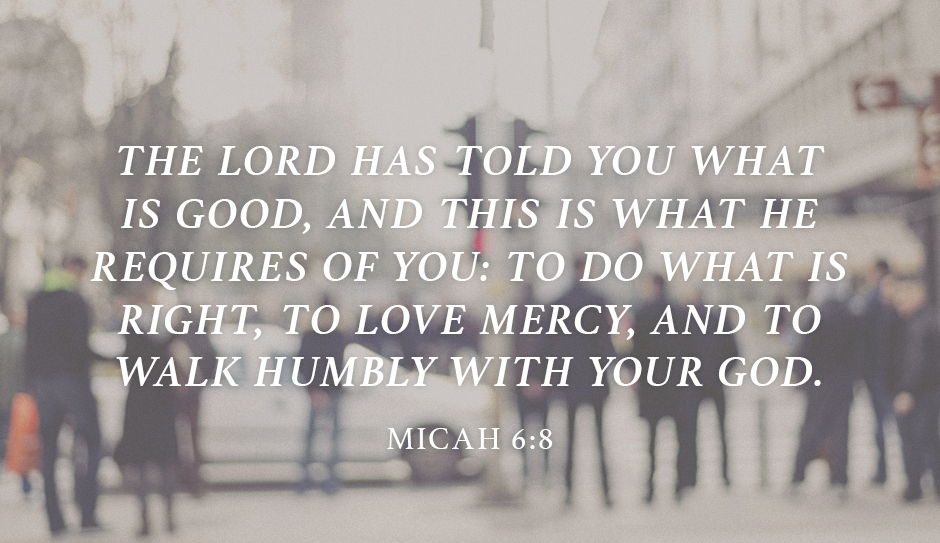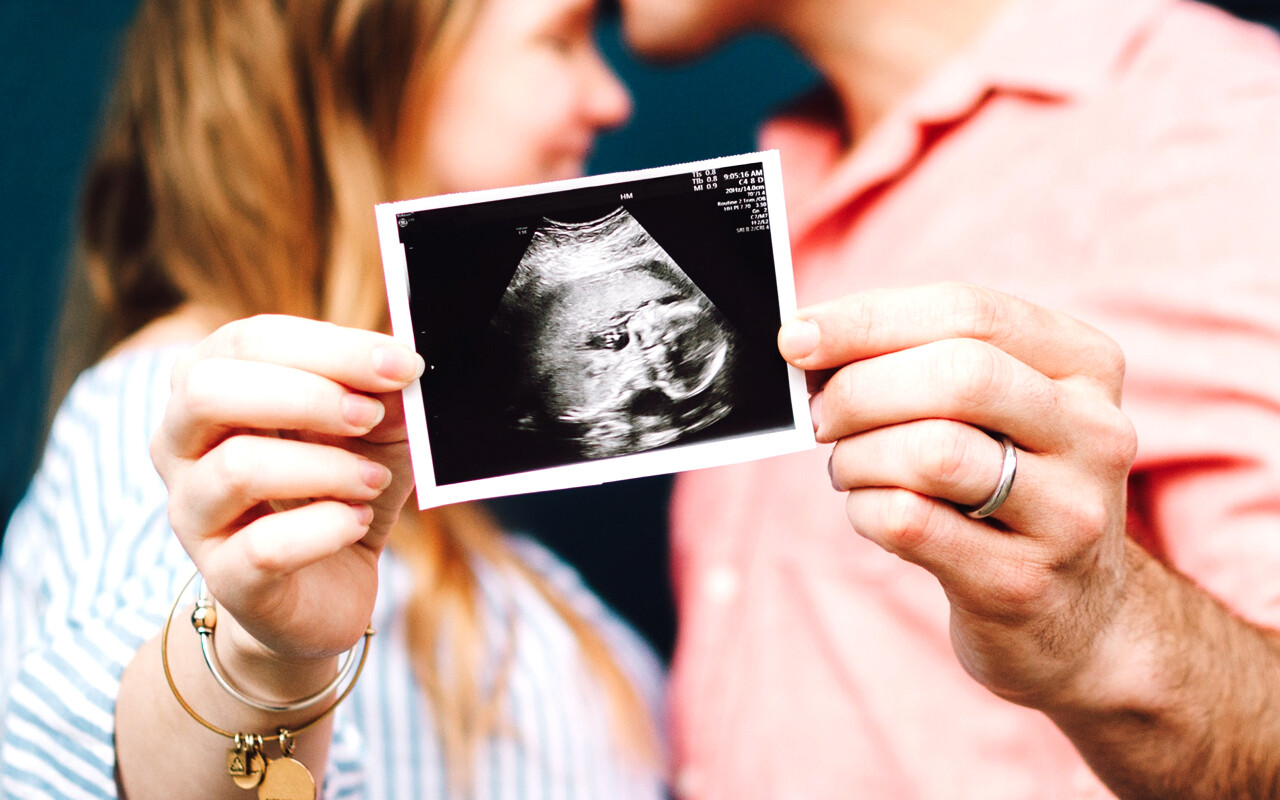
I don't know about you, but during the holiday season I typically reflect on God's goodness. As I meditate on the many blessings in my life, I'm reminded of those who are less fortunate, and I often wonder what I could do to help.
Recently, I've committed to figuring out how to live a life that's consistent with Micah 6:8:
The Lord has told you what is good, and this is what he requires of you: to do what is right, to love mercy, and to walk humbly with your God.
This particular verse isn't telling me this is a one-time-a-year experience serve the poor, it's a lifestyle, and it should be part of all that I do and how I behave everywhere I go. I had to read a few books, interview others and wrestle through this to really begin to understand this biblical challenge. It's not as simple as one would think or maybe it's just me. I get so focused on my own comfort and plans that I can quickly forget about others.
Here's what I've learned: I am just as broken as the rest of humanity, including the materially poor, the poor in spirit, the orphan and the widow. The way I'm broken just looks different from the way one who is materially poorbut we are all fundamentally the same. If I can ask the question, "Who are the poor among me?" rather than assuming I must go find the poor at the local food shelf, prison or homeless shelter in order to provide care, I begin to see those surrounding me who are also hurting or struggling. I begin to see opportunities to care for people right in front of me.
When I first asked myself that question, my grandpa came to mind. He had recently lost his wife, my beloved grandma, of 50+ years. He was poor in spirit as he entered into a new reality without her. He was grieving many losses such as a sense of community, a sense of self, what he would do to fill up his days. He was the poor among me who God was calling me to care for and serve. Each week, I made room to have him join us for dinner. I'd stock him up with enough meals as he grieved not cooking for grandma anymore. I provided a warm environment for him to talk and tell stories. I encouraged him to take an inventory of things he enjoyed or was skilled at and supported his decision to start volunteering in his community. Little by little his heart began to heal. Today, he is doing well and is well-connected. My role was to love and care for him. I couldn't fix him. That was God's job. My role was to walk side by side with him as we mutually understood our own brokenness while God changed both of us.
So, as you ponder your blessings this holiday season, I encourage you to ask yourself, "Who are the poor among me?" Who is that one person in your life who would benefit from extra care, support and love?


